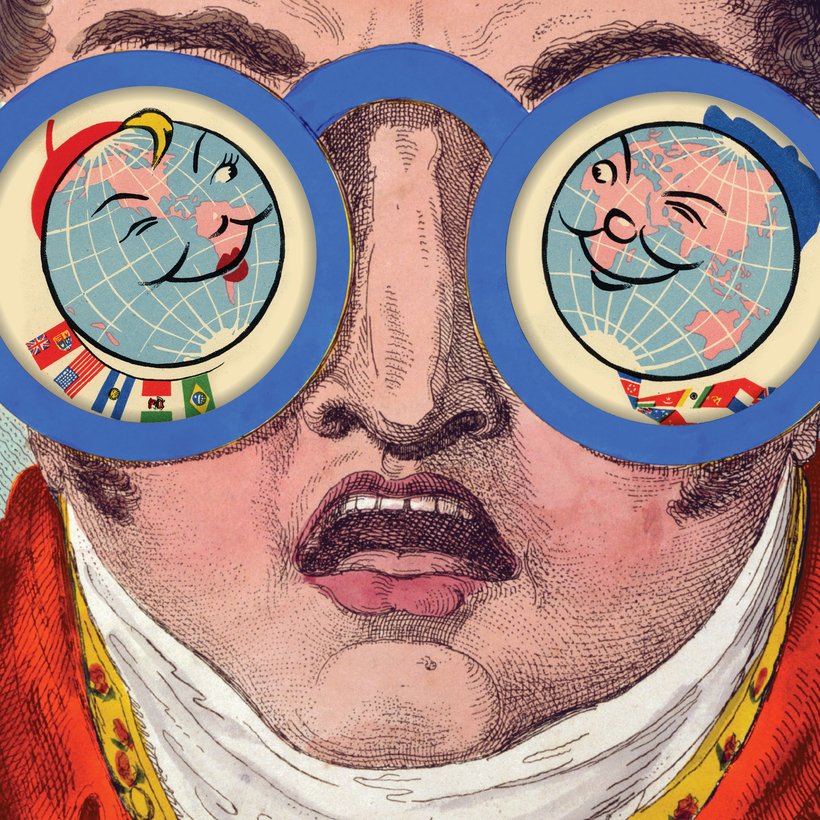Being half English and half Italian, I thought life in globalized Milan should be getting simpler for me. Except, somehow, I don’t seem to understand any English here anymore—or Italian, for that matter.
The other day, I was asked to attend a briefing—the new Italian word for “meeting”—in which we’d be discussing hot spots (nothing to do with Wi-Fi, apparently, but, inexplicably, with welcome centers for migrants in the South of the country). “It’s schedulato,” the e-mail added—an Italianization of “scheduled” that would shake my Genoese father to his bones if he heard it. I was also advised to park my car in the office box, Italish for “garage,” on the day of the meeting.


